Developer Mundfish is headed by a team of four from Cyprus, a country that was once under the wide banner of the Soviet Union. The About Us page on the game’s website says the company is made up of 130 developers from many other former Soviet territories as well, including Ukraine. This range of developers seemingly seeks to bring the genuine beauty of Soviet art to a new generation.
While the game takes place in an alternate universe set in the 1950s, there are themes that come up later in the game that seems poorly timed due to recent events. This is obviously not on purpose, but it’s easy for the mind to keep going back to the people of Ukraine. It’s hard to hear the characters praise the USSR when we see what its descendant is doing in real life.
Fortunately, that’s only a minimal part of the game, with the rest of Atomic Heart doing its best to create a dystopian alternate universe rich in Soviet beauty. There’s also horror to be found here too, though, with the path to the Kollectiv paved in blood.
A decent story despite the efforts of the protagonist
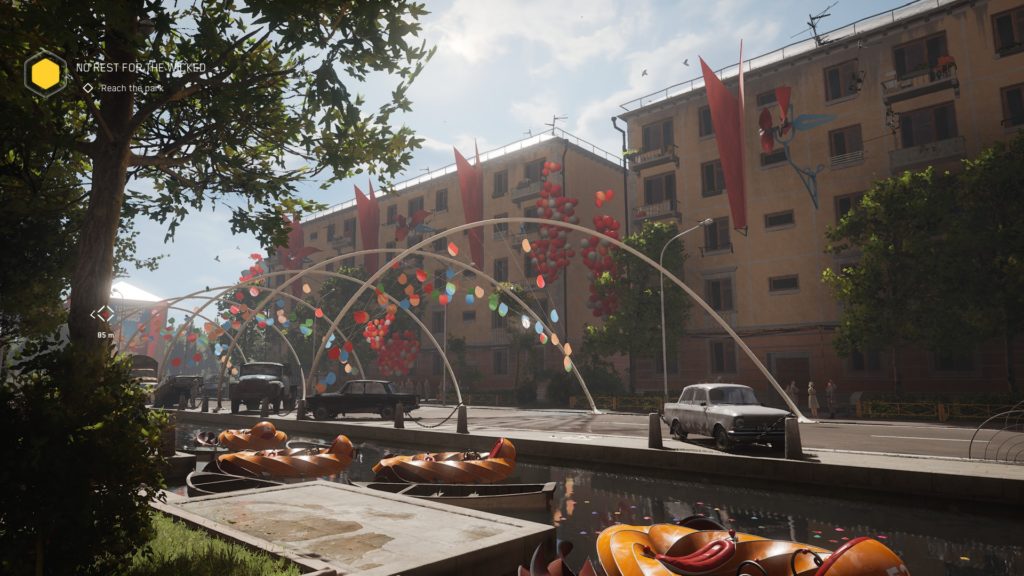
From the start, the game feels very much pro-USSR, which is what it must feel like to play most Call of Duty campaigns as a non-American. Games are art and can express any viewpoint they see fit, but it’s annoying when the main protagonist says he doesn’t like politics before getting into a lengthy political discussion right after. Politics are ingrained in every society.
Much of the game’s exposition is given to players through a handful of cutscenes and a lot of dialogue being delivered in moments where the player is searching a room or completing a puzzle. Both of these are to the game’s credit, with the latter keeping mundane moments like searching side rooms busy with more details and musings on the content of the story.
The game’s ending can be seen coming from a mile away, but this may be intentional, with a kind of sleeper cell secret waiting to be revealed at the end. Even after beating it, you’ll likely need to play through the finale a second time to fully understand the implications of what happens. While the story plays out like a bland action movie, there are moments when the strength of the world shines through.
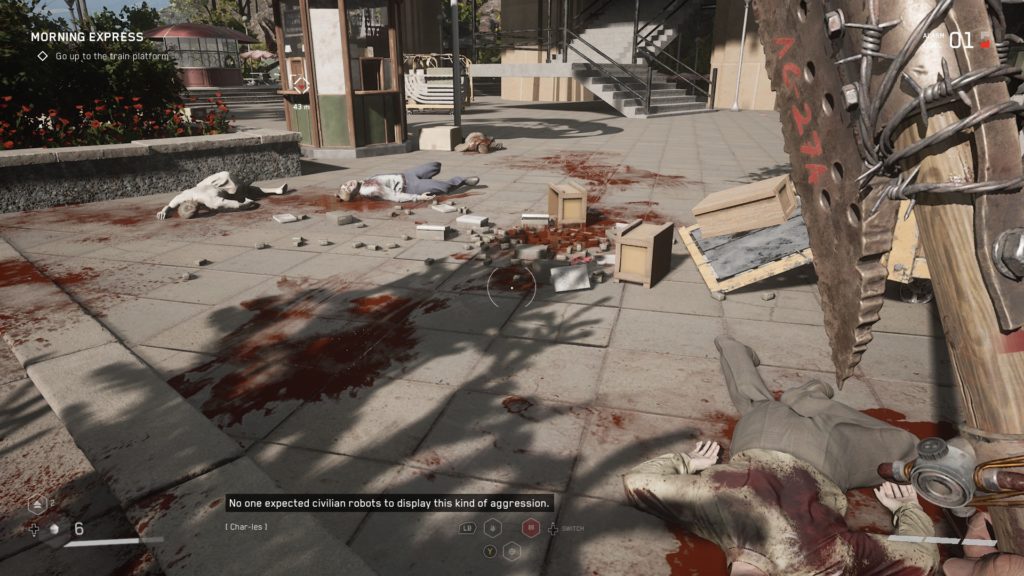
The main fault of the game’s narrative comes from the protagonist, as Comrade Major P-3 sounds much like a typical action hero from a decade and a half ago. It’s a classic gruff voice that doesn’t really need to have a personality beyond yelling insults at anyone who dares talk to it. It’s a big macho bravado, even a little misogynistic, attitude and it makes sense why Jensen Ackles was hired to cosplay as P-3 in a live-action trailer, based on other recent roles.
When he does try to come across as sincere it’s less believable because he was just yelling at the same person or program for saying something he didn’t like. It feels like Mundfish is trying to play him as sympathetic, but it’s really hard to feel sorry for this guy based on the little information you know about him. Instead, he just seems to jump between angry and slightly less angry throughout.
One of P-3’s more annoying traits is the over-reliance on the catchphrase “Crispy Critters,” which is kind of used like a curse except he usually swears right after or in the middle of this catchphrase. There are a couple of moments where it’s used well after being abused for much of the game, but it just feels like a strange stylistic choice meant to but failing at making the character feel unique.
Unfortunately, Atomic Heart feels a little like it’s playing everything safe as far as any messages or overarching themes. Maybe there’s something there about being careful about who you trust, but even then it’s not very strong. The real strength of this game is the design of the setting and the robots that make up the Facility where the game takes place.
Abstract art design meets action-adventure gameplay
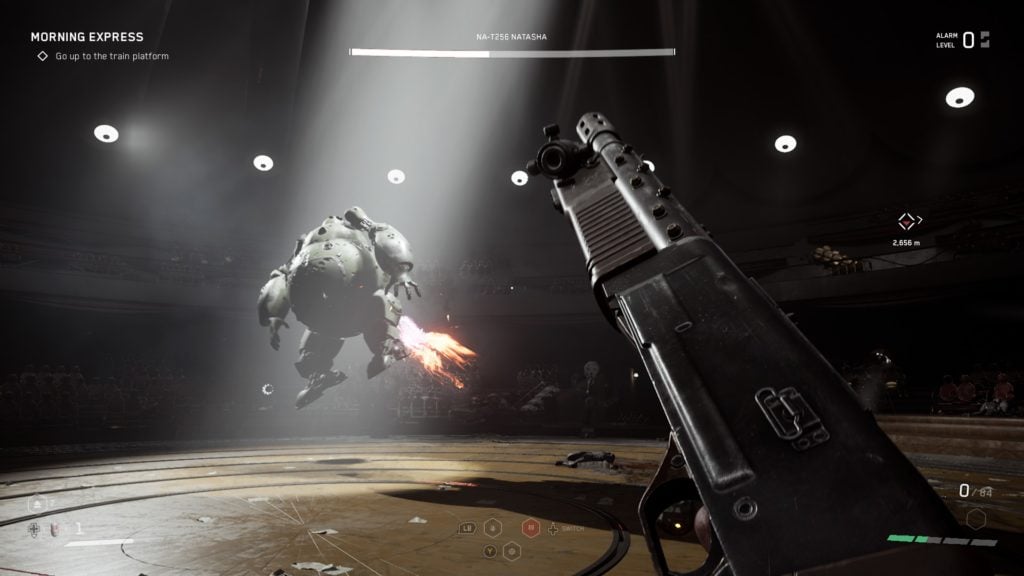
Before Atomic Heart was released, there was a couple of years’ worth of videos and screenshots that were shared by Mundfish during what was likely early development. During that time and even leading up to more recently, people have doubted the quality of the game due to how visually impressive it appears and the sequences involving some of the bosses.
The good news is that many of these concerns aren’t an issue in the actual game, as Mundfish has delivered everything it promised. The game seemed to be much more abstract in the marketing materials, but it’s still pretty horrifying in its own way. The normality of the Lab Tech robots and their mustaches makes them uniquely horrifying when you see one standing at the end of a dark hallway.
There aren’t a lot of performance issues on PC either, which is something that many were concerned about given the visuals of the game. In fact, it runs better than some other AAA games released recently. Atomic Heart isn’t perfect by any means, and there were a couple of basic visual bugs, but it’s nice to be surprised at how well a game is running at launch.
In a lot of ways, the world of Atomic Heart feels very similar to the Bioshock series, with the setting being on a platform in the sky much like Bioshock Infinite. This title’s enemies tower over anything that the original lighthouse trilogy was able to accomplish, though. There are several types of standard filler enemies, but a couple of bosses will be the clear standouts among players.
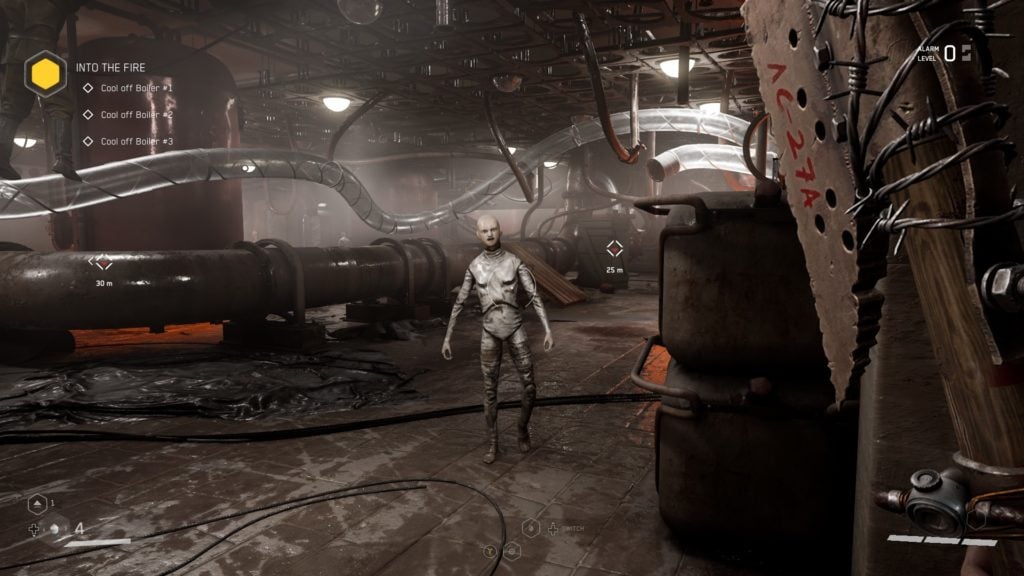
One of the previously shown robots, a large spinning black ball with mechanical tentacle arms, is one of the most impressive in the game. This may be due in part to the nostalgia it conjures to a similar monster from The Incredibles, but it’s also uniquely fascinating to watch it circle around the base of the stadium before bouncing over to you with shockwaves of energy.
The game has an open world, but it’s not like many players will think of it, with the real highlight coming from actual structures inside that world that are heavily linear. There are places the player can test their skills in the open world, but it largely feels empty other than some scattered dead bodies and the occasional chest that will grant resources.
To get around in the open world, however, you’ll largely need to make sure that you can master the combat. There’s no real skill to the hack-and-slash or shoot mechanics, so getting through the world just requires that you get better gear. This isn’t so bad, it just makes it way more fun to experience the world once you’ve powered up with more powerful guns.
Combat built on your upgrades and gear
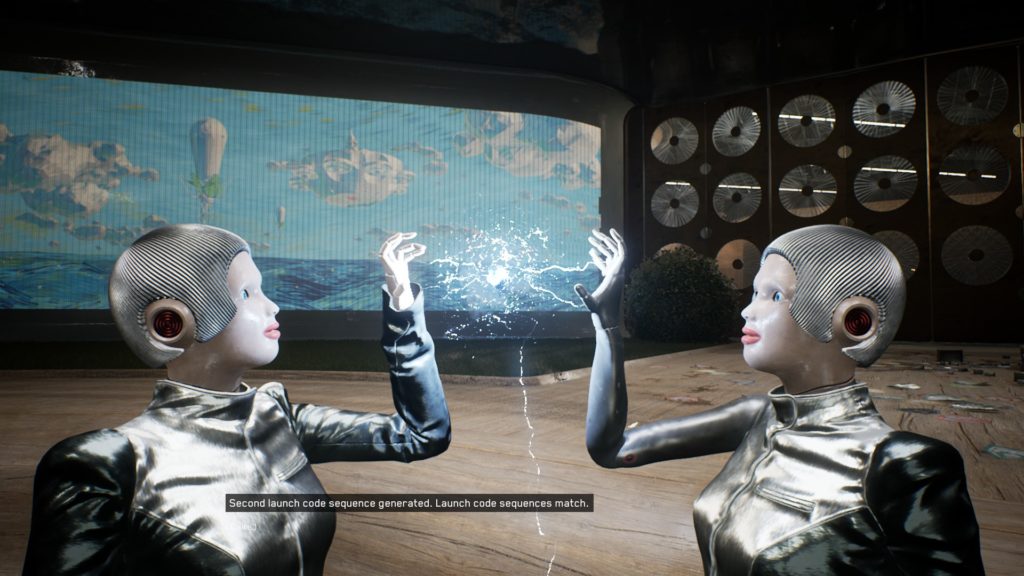
Like most other action games with horror themes, players will start out in Atomic Heart humbly, with only a fireman’s axe to take on the hordes of robots that have somehow turned sinister. The slashing melee gameplay is definitely less interesting than the gunplay, but it allows you to get more familiar with the dodging mechanic that will become invaluable.
Stealth is also a major part of the combat, though, especially in the early parts of the game. Until you’re properly armed to the teeth, you’ll want to keep from getting overwhelmed by the many robots in most areas of the base. It’s incredibly easy to have multiple Lab Techs surround you from every side and then it’s impossible to swing or shoot your way out of trouble.
As you get more weapons and blueprints, you’ll begin to become more of a threat to the robots and biological plant creatures that make up the monsters of the facility. Your glove gives you the ability to scan enemies and find their weaknesses, so keeping an eye on those will ensure that you’re prepared for every fight that you can.
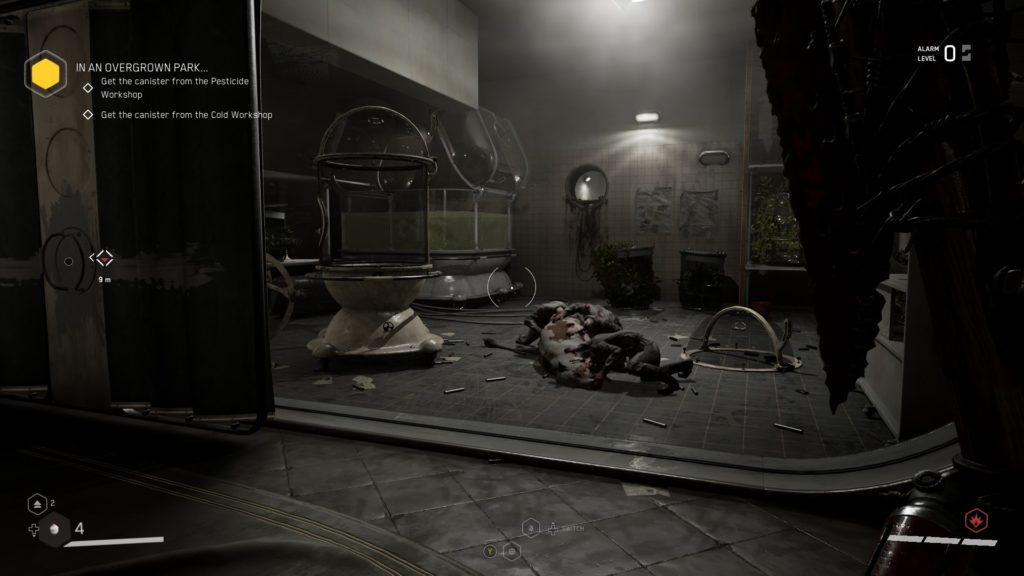
Players will be able to upgrade their gear and abilities at the NORA systems that are located at checkpoints along all the major parts of the story. There are a lot of these and the player is frequently encouraged to use them to get better abilities. This would be a perfectly normal system if the player didn’t have to sit through five minutes of incredibly heavy flirting every time they want an upgrade in the first hours of the game.
The abilities and weapon upgrades are pretty standard, with players having to search certain areas to find blueprints for weapons and upgrades. It seems like most of the core weapons can be found along the main narrative sections, which means players will have a chance to use all of them before the credits roll. Unfortunately, there doesn’t appear to be a New Game Plus mode yet, so it’s likely players will only be able to use them at certain points in the game.
Conclusion
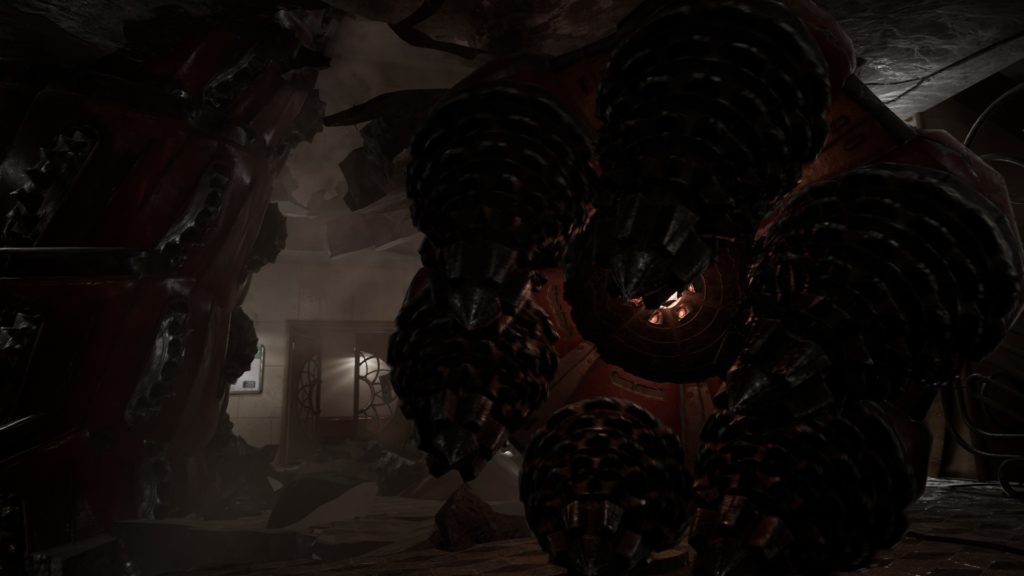
Atomic Heart is under a lot of pressure as one of the first major titles to be released on Xbox Game Pass in 2023, and it largely delivers on what it promises. It’s a beautiful adventure through a dystopian Soviet Russia, pitting players against unique robotic enemies that range from offputting to genuinely life-threatening. While the main character isn’t the most fun person to be around, it’s worth putting up with to see more of the world that the game offers.


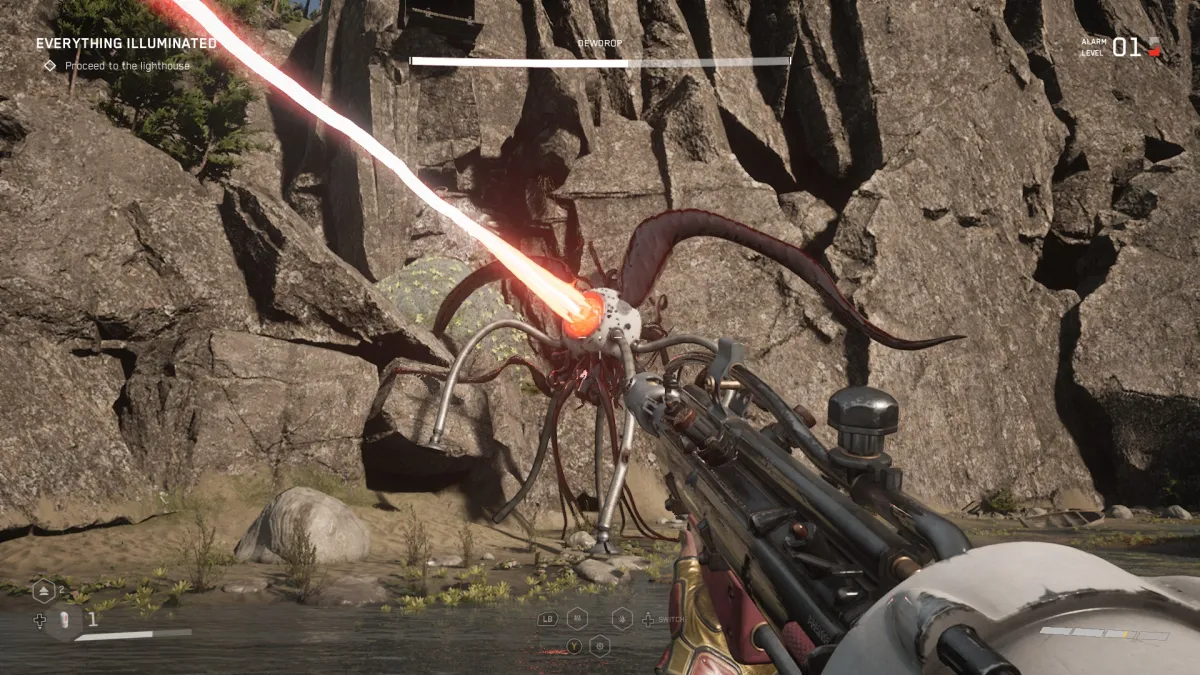
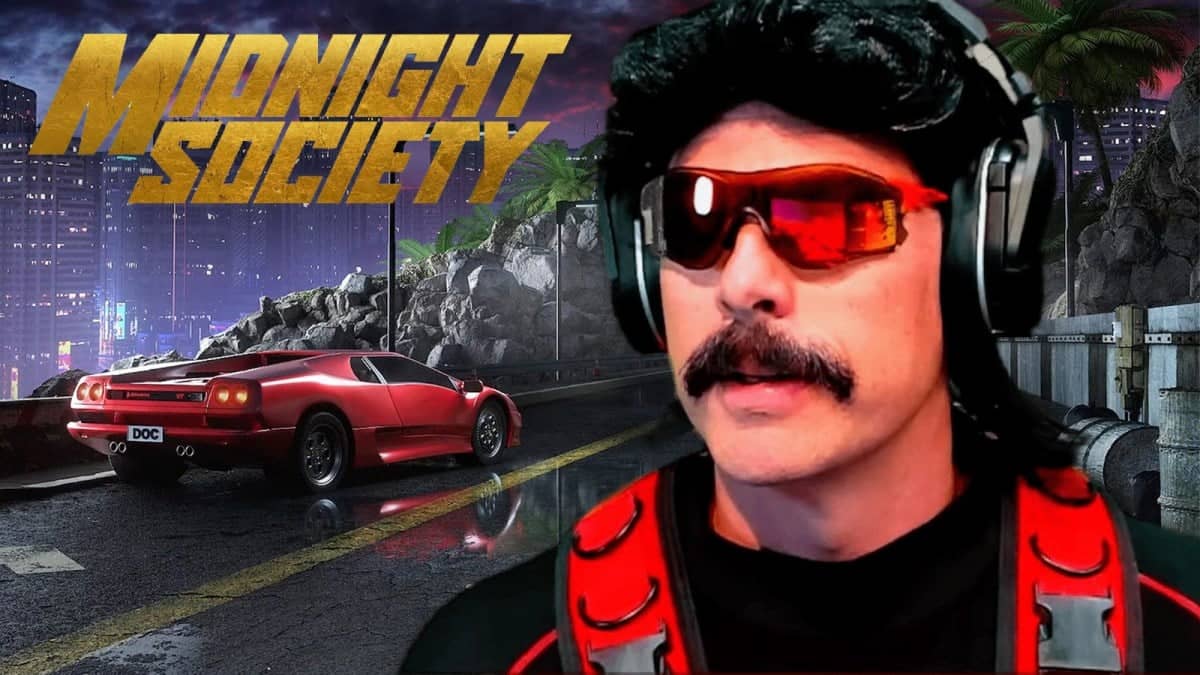
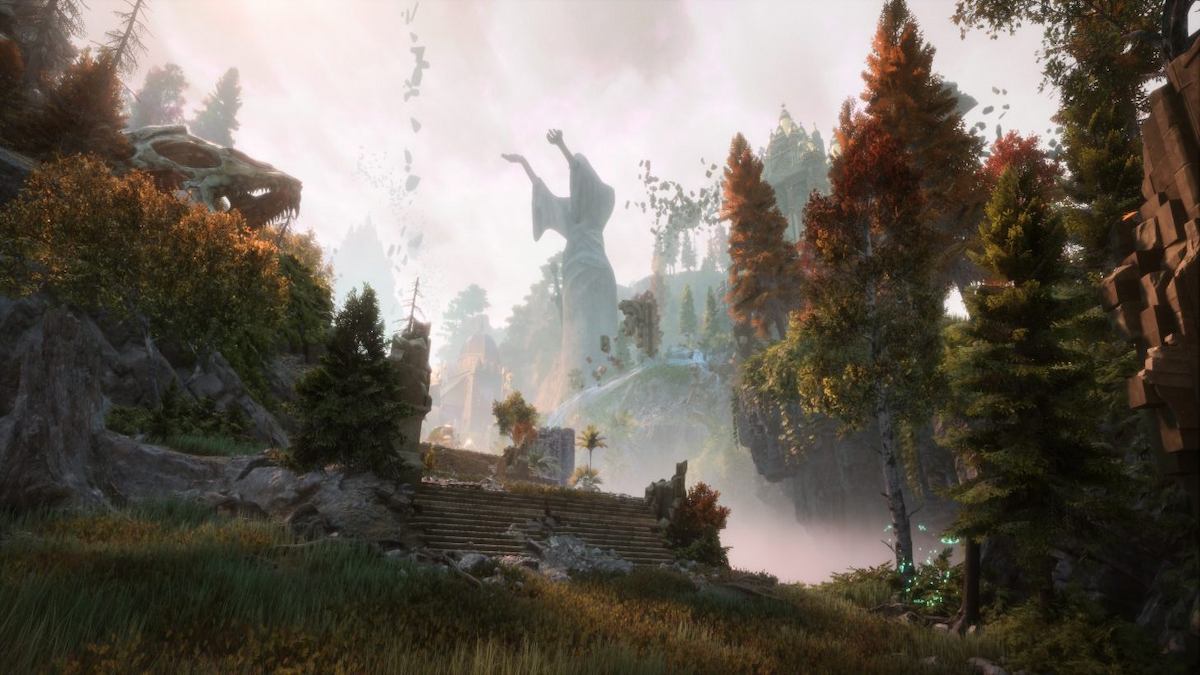
Published: Feb 20, 2023 08:00 am